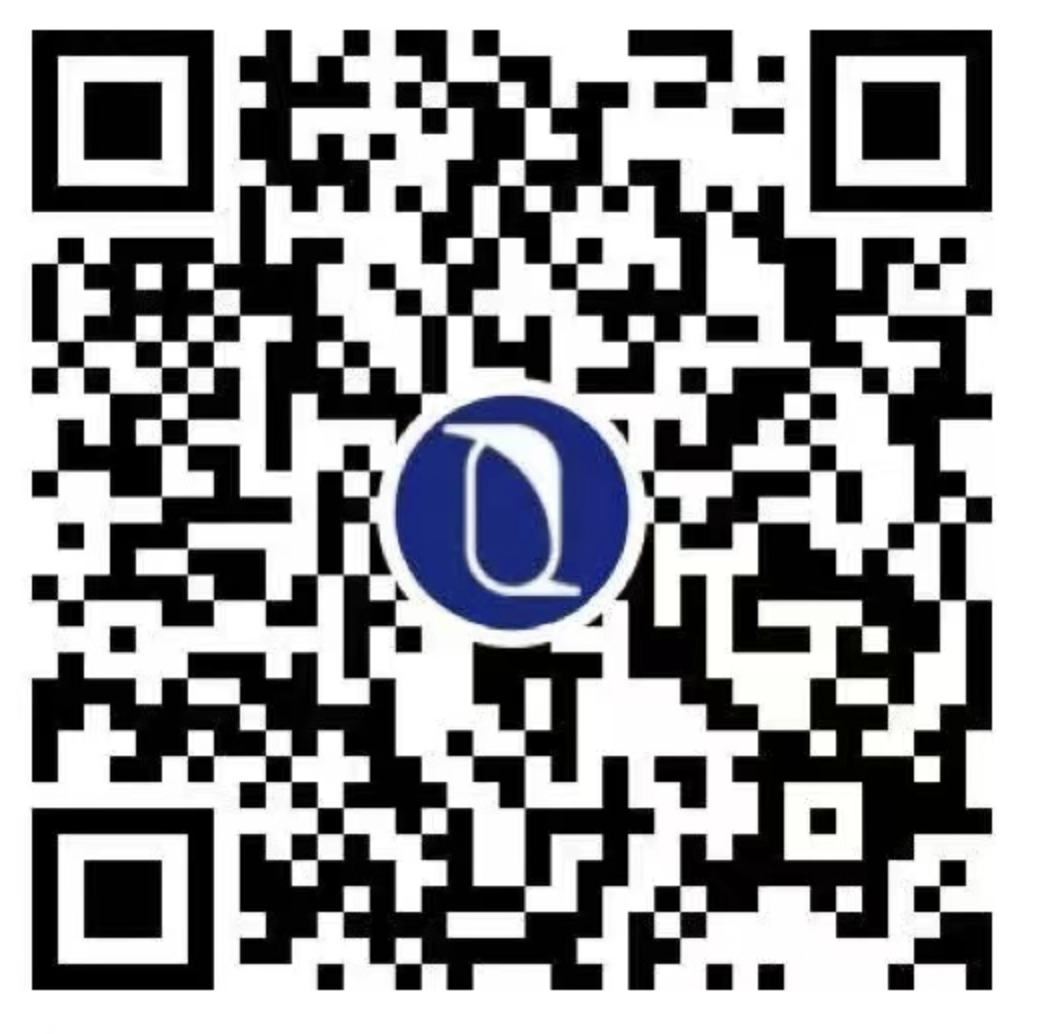原文首发于《中国新闻出版广电报》2020年7月2日。
作为美国《数字千年版权法》(Digital Millennium Copyright Act,DMCA)中最具知名度和影响力的内容,“避风港制度”(Safe Harbor Rules)自1998年生效以来,一方面为网络服务行业的发展提供了重要的法律指引,另一方面在司法实践中也引发了广泛的适用争议。美国版权局近期发布了关于“避风港制度”的评估报告。[1]这一报告是美国版权局自2015年开始,协助国会修订《数字千年版权法》所做工作的最终成果,也是美国政府发布的第一份有关“避风港制度”运行情况的研究报告。报告的核心在于评估“避风港制度”是否实现了,国会立法时预设的版权人和在线服务商之间的利益平衡,并对《数字千年版权法》提出了具体的修法建议。
一、时过境迁,“避风港制度”的立法预期已经被打破。
二、回应挑战,立足五大原则提出“避风港制度”的修法建议。
三、审慎微调,避免对“避风港制度”做结构性调整。
四、殊途同归,新一轮全球平台责任立法热潮背后的考量。

注释:
[1] https://www.copyright.gov/policy/section512/section-512-full-report.pdf
[2] Legislative history indicates that Congress intended to “preserve strong incentives for service providers and copyright owners to cooperate to detect and deal with copyright infringements that occur in the digital networked environment. “See H.R. Rep No. 105-551 at 49 (1998).
[3] https://www.copyright.gov/policy/section512/.
[4] 17 U.S.C. § 512(c)(1),“for infringement of copyright by reason of the storage at the direction of a user of material that resides on a system or network controlled or operated by or for the service provider.”
[5] 17 U.S.C. § 512(i)(1)(A).,“adopted and reasonably implemented . . . a policy that provides for the termination in appropriate circumstances of subscribers and account holders of the service provider’s system or network who are repeat infringers.”
[6]17 U.S.C. § 512(c), (d).
[7]在“RTC v. Netcom案”中,美国法院首次在网络服务商著作权权间接侵权责任领域引入替代责任制度,并将著作权权替代责任的构成认定为“控制力”要件和“直接获益”要件。See Religious Tech Center v. Netcom Online Comm. Cite as 907 F. Supp. 1361 (N.D.Cal. 1995).
[8] 17 U.S.C. § 512(c)(1)(B),“for infringement of copyright by reason of the storage at the direction of a user . . . if the service provider . . . does not receive a financial benefit directly attributable to the infringing activity, in a case in which the service provider has the right and ability to control such activity.”
[9] Viacom Int’l, Inc. v. YouTube, Inc., 676 F.3d 19, 38 (2d Cir. 2012).
[10]17 U.S.C. § 512(f).
[11] DMCA512条规定,在线服务商会将被投诉人的反通知转发给版权人,并在10到14个工作日之间恢复涉案信息,除非版权人就此侵权信息向法院提起诉讼。
[12]欧盟2000年颁布的《电子商务指令》(E-commerce directives)以及我国2006年颁布的《信息网络传播权保护条例》都是其中的典型代表。
[13]《单一数字市场版权指令》第17条提出新的责任机制,将在线内容分享平台定性为向公众传播行为而非宿主服务。按此,此类平台需要积极履行授权寻求义务(即尽最大努力与权利人达成许可协议,取得其授权)和版权过滤义务(即对于权利人事先提供了相关必要信息或发出充分实质通知的作品,尽最大努力阻止其出现在平台上并阻止将来上传)。
[14] https://www.europarl.europa.eu/committees/en/juri/documents/latest-documents.
[15]“民法典”第1195条第2款规定,“网络服务提供者接到通知后,……并根据构成侵权的初步证据和服务类型采取必要措施……”
[16]“民法典”第1195条第3款规定,“权利人因错误通知造成网络用户或者网络服务提供者损害的,应当承担侵权责任。法律另有规定的,依照其规定。”
[17]“民法典”第1196条第1款规定,“网络用户接到转送的通知后,可以向网络服务提供者提交不存在侵权行为的声明。”







